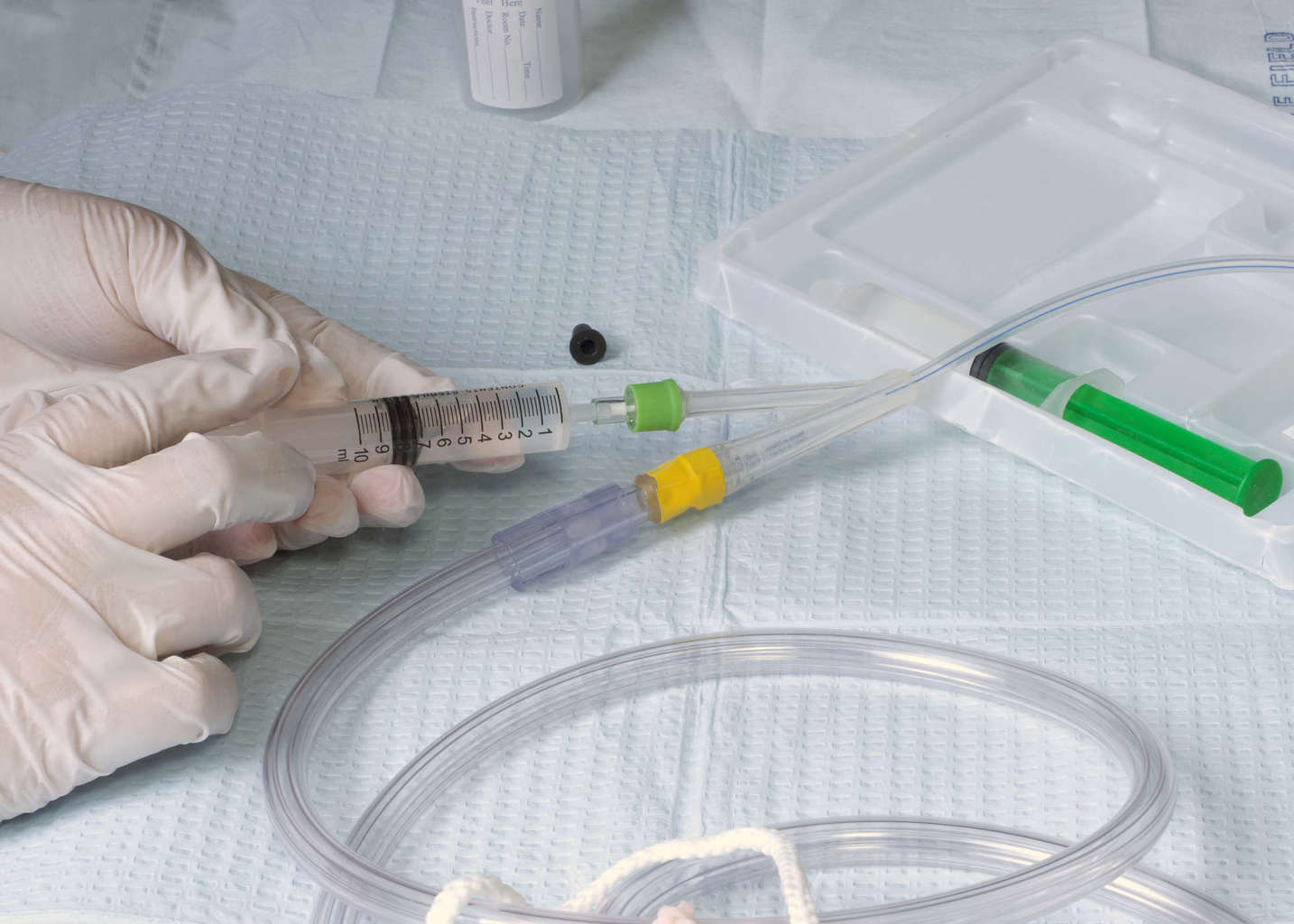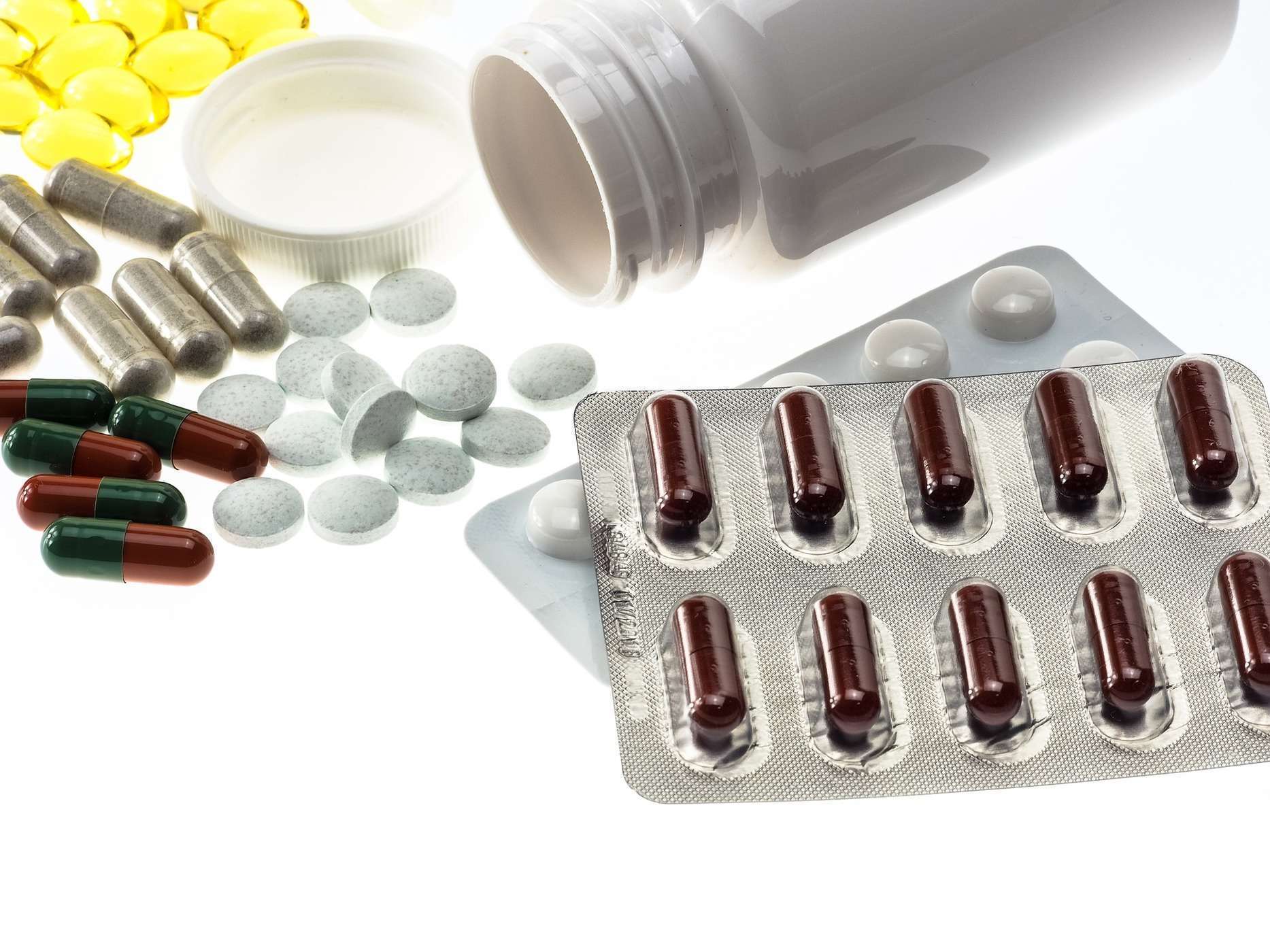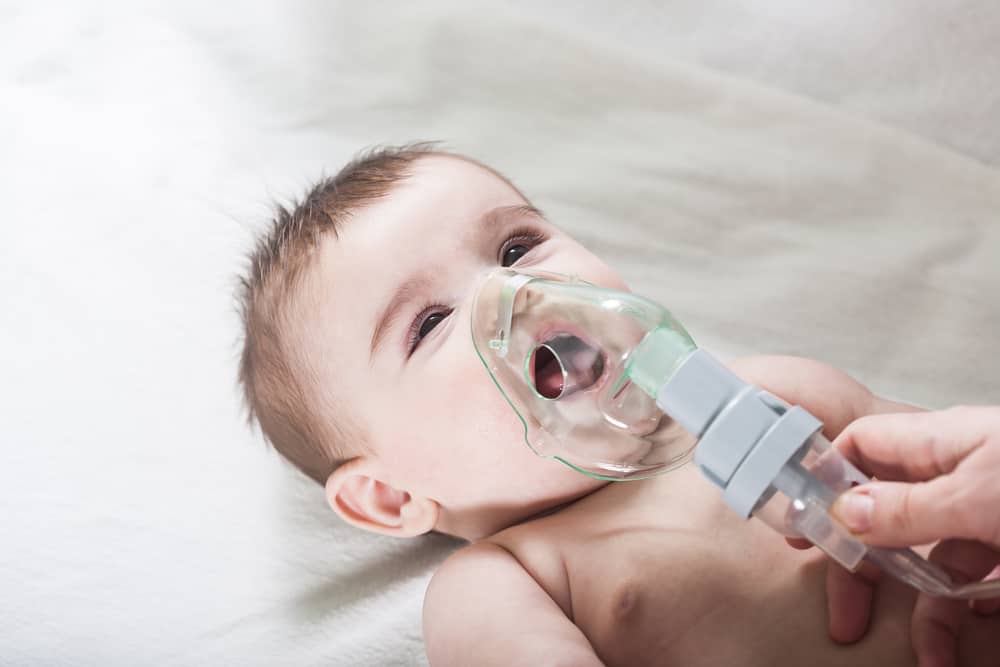Contents:
- Medical Video: Management of Endocarditis – Short Summary
- How to use Aminoglycosides in the treatment of endocarditis
Medical Video: Management of Endocarditis – Short Summary
Aminoglycosides are a group of bacterial antibiotics, which work by inhibiting bacterial protein synthesis. The use of this drug is limited because of the potential for side effects because it can cause damage to the ear and kidneys. All aminoglycosides are similar to each other in antibacterial activity, pharmacokinetics, and toxicity.
Aminoglycosides are not well absorbed if given by mouth so they must be given intravenously for systemic infections.
Aminoglycosides are used if antibiotics that have lower toxicity cannot be used or are not effective. Aminoglycosides are primarily active against bacilli gram-negative aerobics, staphylococcus, and Mycobacterium tuberculsis, but are not very effective against anaerobic bacteria.
Aminoglycoside is an antibiotic that is very effective and useful in treating dangerous infections.
Drugs included in this class may include:
- Amikacin
- Amik
- Bethkis
- Garamycin
- Gentamicin
- Gentamicin IV / IM
- Kanamycin
- Kantrex
- Kitabis sir
- Mycifradin
- Myciguent
- Nebcin injection
- Neo-Fradin
- Neomycin PO
- Streptomycin
- TOBI
- TOBI Podhaler
- Tobramycin
- Tobramycin breathes
How to use Aminoglycosides in the treatment of endocarditis
Aminoglycosides are often used in combination with glycopeptide and beta-lactam for the treatment of endocarditis due to alpha-hemolytic streptococcal bacteria, staphylococcus, and enterococcus. Recommended dosages and duration of aminoglycoside therapy vary; laboratory and clinical evidence bases are discussed further for the recommended treatment rules.
The role of aminoglycosides in treating endocarditis which can cause infection is very large. The combination of beta-lactam with aminoglycosides shortens the treatment period of endocarditis because streptococcus is sensitive to penicillin when compared to beta-lactam alone. Patients who are more at risk (for example with prosthetic heart valves, clinical symptom duration> 3 months) should be treated with penicillin for 4 weeks in combination with aminoglycoside for 2 weeks.
Daily once-dose aminoglycosides (ODD) can be recommended in streptococcal endocarditis that is sensitive to penicillin. Treatment of endocarditis because streptococcus is highly immune to penicillin requires a combination of treatment with penicillin and aminoglycoside with a longer duration. At this time, ODD aminoglycoside should not be recommended. Enterococcus endocarditis requires mixed treatment for 4-6 weeks. Based on experimental data, ODD aminoglycoside appears to be defeated by administering drug doses every 8 hours. Isolation of enterococcus must be examined for high levels of immunity to streptomycin and gentamicin.
Gentamicin is the preferred agent if a vulnerability test is not performed. Aminoglycoside is given for the first 3-5 days of treatment of staphylococcus endocarditis in the original heart valve to shorten the duration of bacteremia. For staphylococcus prosthetic heart valve endocarditis, aminoglycoside is given in the first 2 weeks of treatment. However, there is no clinical data on susceptibility to methicillin isolation that cannot be relied upon to support this recommendation.
Artificial heart valve endocarditis due to the combination of staphylococcus without clotting with aminoglycoside appears to suppress the appearance of variants susceptible to rifampin during treatment. Right-sided staphylococcus endocarditis because staphylococcus is susceptible to methicillin treated with 2-week treatment of beta-lactam and aminoglycoside.
This short-term treatment can be recommended in low-risk patients, for example those without heart failure and <2 cm3 vegetation and with isolation that is susceptible to aminoglycoside.
Always consult with a doctor before using aminoglycosides. Tell your doctor if you are pregnant, planning to become pregnant or breastfeeding, also about the medicines you are taking, including natural and herbal supplements, and if you are allergic to any drugs included in the aminoglycoside class.












